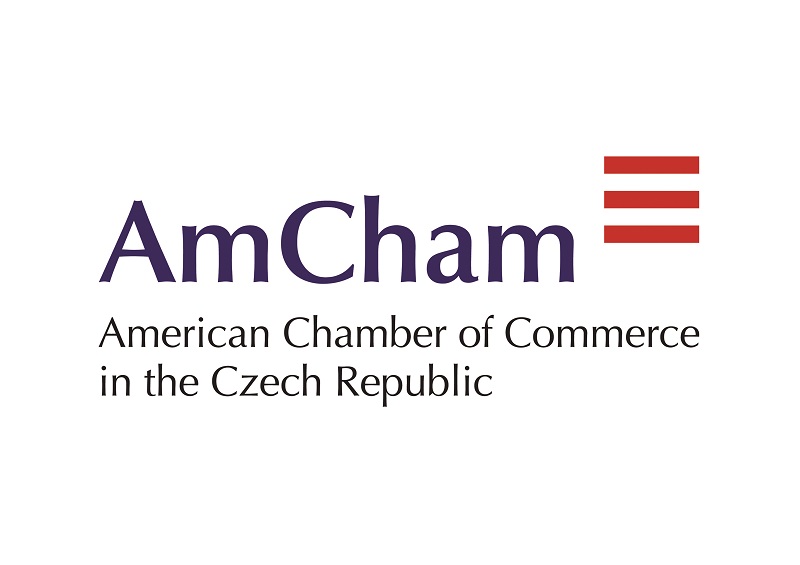Good governance / Legal Reform and Transparency
This section details initiatives to make government a competitive advantage. It includes analysis and reports of government initiatives, as well as data on accountability and performance measures.
Show subcategories ▾
Spotlight issue

AmCham Statement on the Construction Act
We write on behalf of AmCham’s Real Estate Council to advocate a wider reform of land use policy, and to state our view that the proposal currently debated in the Chamber of Deputies will not achieve the changes necessary to achieve a leading innovative economy in Europe, and will place the country at a competitive disadvantage to Poland and Slovakia- particular after Slovakia’s digitization of their process and adoption of a new policy aimed at increasing investment into affordable housing.
View more
New European rules for artificial intelligence
This March, MEPs approved new rules for artificial intelligence (AI), the so-called Artificial Intelligence Act. This was presented by the European Commission in April 2021. It is the world's first comprehensive AI legislation. The Act aims to improve the functioning of the internal market by setting a single legal framework for the development, launch and use of AI. The AI Act also seeks to reduce the administrative and financial burden on businesses, especially small and medium-sized enterprises.
View more
Amendment to allow employees to self-schedule their working hours
The Ministry of Labour has set for itself the commendable goal to make labour-law regulation more flexible. To this end, it drafted several amendments to the Labour Code. One of the most significant changes to have already passed the legislative process is the possibility for employees to self-schedule their working hours.
View more
Amendment to Labour Code resolves minimum wage increases and working time self-scheduling
Even before the Flexinovela amendment to the Labour Code becomes effective, changes are being proposed that should enshrine automatic minimum wage increases, abolish the guaranteed wage concept, resolve the plurality of trade unions, and allow for the scheduling of working hours by employees also at the employer's workplace. The amendment could enter into effect as early as 1 August 2024.
View more

 Twitter
Twitter Linkedin
Linkedin Facebook
Facebook Google+
Google+




